-
Perfil de la empresa
Perfil de la empresa
Vista de fábrica
Cultura corporativa
Almacén
Organigrama
-
Investigación y desarrollo
Patentes tecnológicas
R&D Centro
Equipo
-
Relaciones con inversores
Política de ética empresarial
Relaciones con inversores
-
Ocupación
Promoción de empleados
Reclutamiento
Benfits
-
Primera base de fabricación de tubos de acero

Tubo de acero al carbono
Tubo de acero ERW
Tubo de acero LSAW
Tubo de acero Ssaw
Tubería de acero sin costura
Tubo de hierro dúctil
Varilla de refuerzo
Barra redonda de acero
-
Segunda base de fabricación de tubos de acero

Tubo de acero inoxidable
Tubo de acero sin costura de acero inoxidable
Tubo de acero soldado de acero inoxidable
-
Tercera base de fabricación de tubos de acero

Sección hueca
Manga de tarjeta cuadrada
Tubo rectangular
-
Base de fabricación octg

Productos ocgg
Manguito y manguito atascado
Tubería de perforación
Collares de perforación
Articulación pup
Manga ranurada
Carcasa de pantalla
-
Base de fabricación de accesorios

Accesorios de tubería
Borde de la rueda
Válvula
Codo
Reductores
Tres enlaces
-
Base de fabricación de tuberías metálicas

Tubo de metal
Tubo de cobre
Tubo de aluminio
-
Base de fabricación de productos procesados
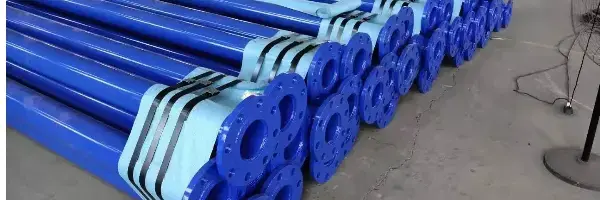
Productos procesados
Tubería con brida
Tubería ranurada
-
Servicios
Hilo de tubería
Rampa de tubería
Recubrimiento de tuberías
Ranura de corte rodado
Corte de tuberías de precisión
Shot shot
-
Proceso
Proceso de fabricación de acero
Proceso de fabricación de casquillos de tarjetas
Proceso de tratamiento térmico
Proceso de acabado de la carcasa de la tarjeta
Proceso de recubrimiento
-
Proyecto
Proyectos nacionales
Proyectos nacionales
Proyectos de financiación
-
Alcance de la operación
Fabricación de acero
Comercio Internacional
Servicios de arquitectura
-
Control de calidad
Inspección
Transporte por tuberías

 English
English Español
Español بالعربية
بالعربية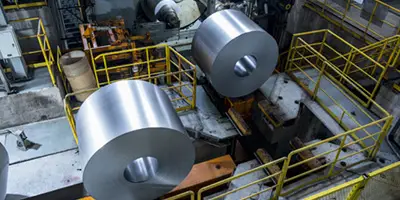

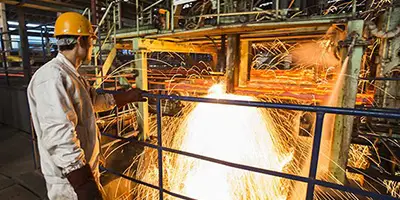
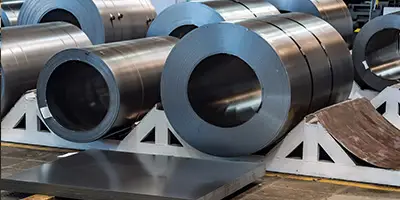

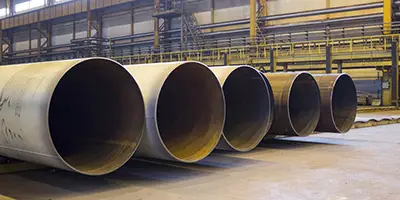

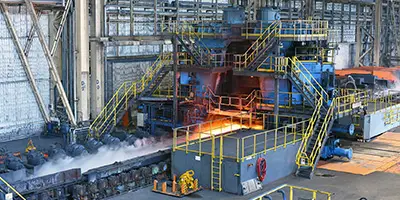
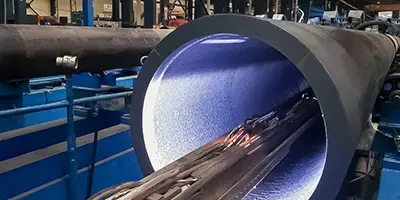
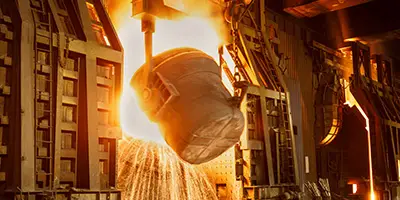


 Teléfono:
Teléfono: Whatsapp:
Whatsapp: Correo electrónico:
Correo electrónico:


